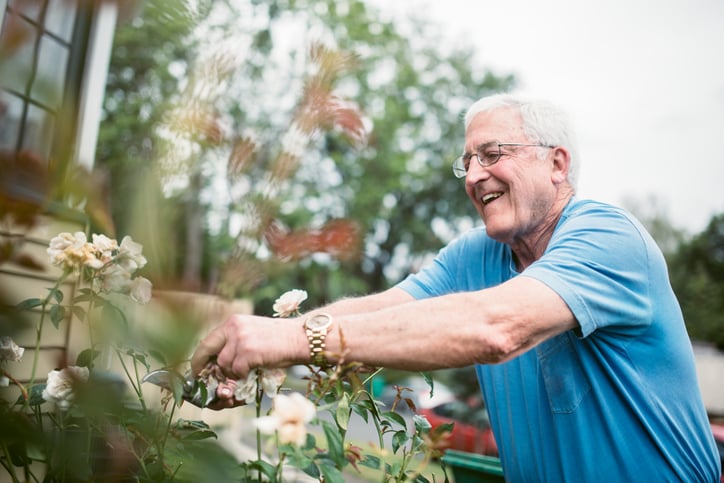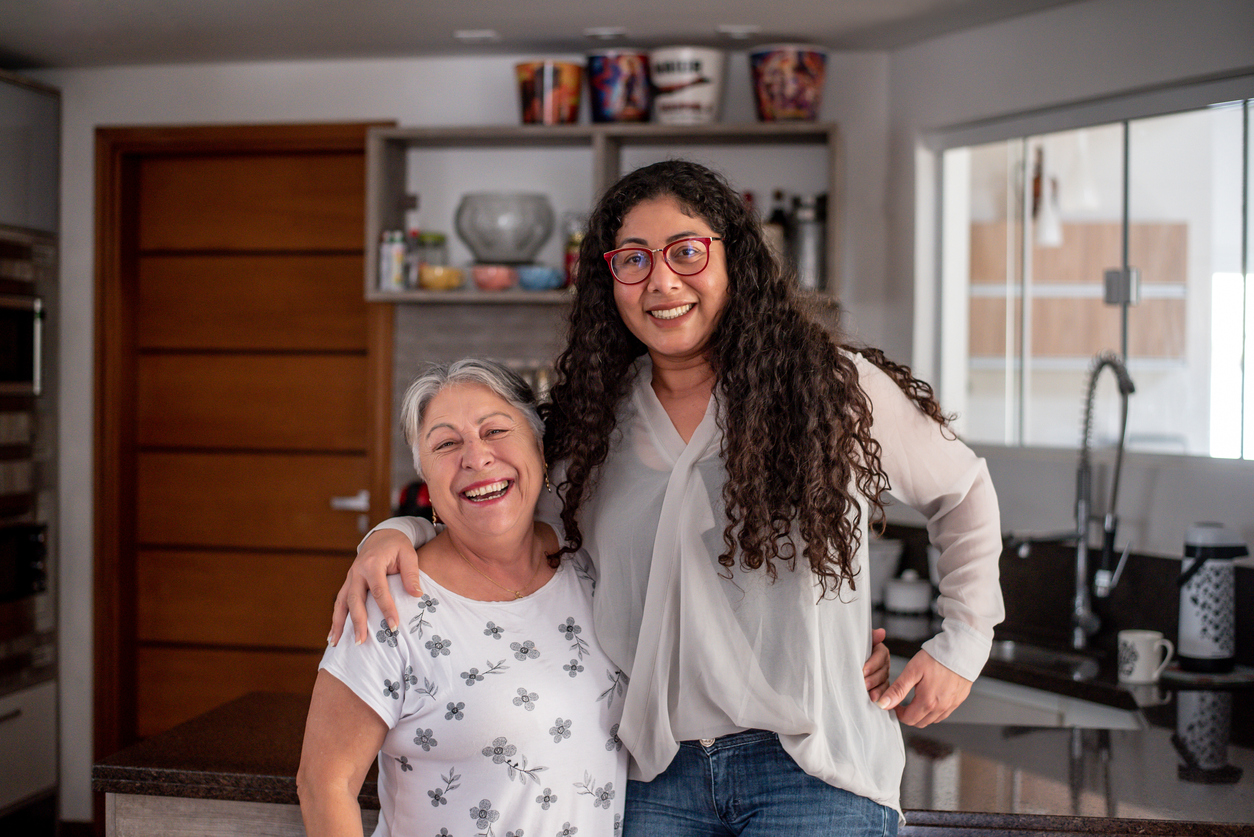Losing control can be a frustrating experience, and as we age, it often becomes a daily reality rather than an occasional challenge. This can happen in many ways. Some older adults find that they can’t drive safely anymore, others need help walking and some have to accept a home care aide.
When this happens, it’s only natural to want to resist. However, this can make things tough for caregivers. It can feel like fighting every day against a loved one’s stubborness. As the frustration piles up, it’s easy to forget how much personal freedom means to your loved one and how hard it is for them to give it up.
Benjamin Rose Institute on Aging’s evidence-based dementia care-planning program SHARE for Dementia has found that both independence and not being a burden are two of the most common core care values most older adults share. When you’re caring for an older loved one, it’s important to respect these values and find ways to help them stay independent and make their own choices.
Here are some simple tips to think about:
- Ask for Their Input:
It’s important to make your loved one part of making decisions about their care. If possible, avoid deciding everything on your own. For example, if you’re helping them with a bath, ask if they’d like any privacy measures to be taken. Or if they need someone to check in on them during the day, ask if there’s anyone in particular they would like to make these visits.
- Embrace Technology:
Technology can seem intimidating for some, and for others it’s something that has taken over too much of our lives. If your loved one isn’t into technology, don’t push them to use it for things they have no interest in. Instead, introduce them to tech that can help with their interests and independence. For example, they can pay bills online to keep their finances in order or shop online if they have trouble getting around. Virtual medical visits can also save trips to the doctor.
- Stay Connected:
Some care choices can change your loved one’s social life. If they can’t drive anymore, they might not see friends, go to religious services, or do things they enjoy. If you have to move them closer to you for care, it can be tough to leave their friends and communities behind. But no matter what changes, they should still keep in touch with old friends and find new ones. You can look into transportation services, senior centers, or teach them how to use online ways to chat.
- Consider Aging in Place:
Recent advances in eldercare mean older adults can often stay in their own homes, even if they need help. That’s great news given that, according to AARP, around 77 percent of older adults want to remain in the home for the long term. If your loved one strongly wishes to stay where they currently live, look into home renovations that support aging in place. If your loved one needs special assistance beyond what their current home can handle, do the research on what housing options are out there to better support them.
- Use Community Resources:
Community resources can be a big help for both caregivers and older adults, but they often get overlooked. Nonprofits, disease-specific organizations and senior centers offer key services to meet important needs and find solutions to care challenges. If you’re not sure where to find help, reach out to your local Area Agency on Aging or search online for what’s available in your area using the Eldercare Locator.
It’s important to respect your loved one’s wish to stay independent and provide support that goes along with their values. This will help improve their well-being and keep your caregiver relationship strong.



